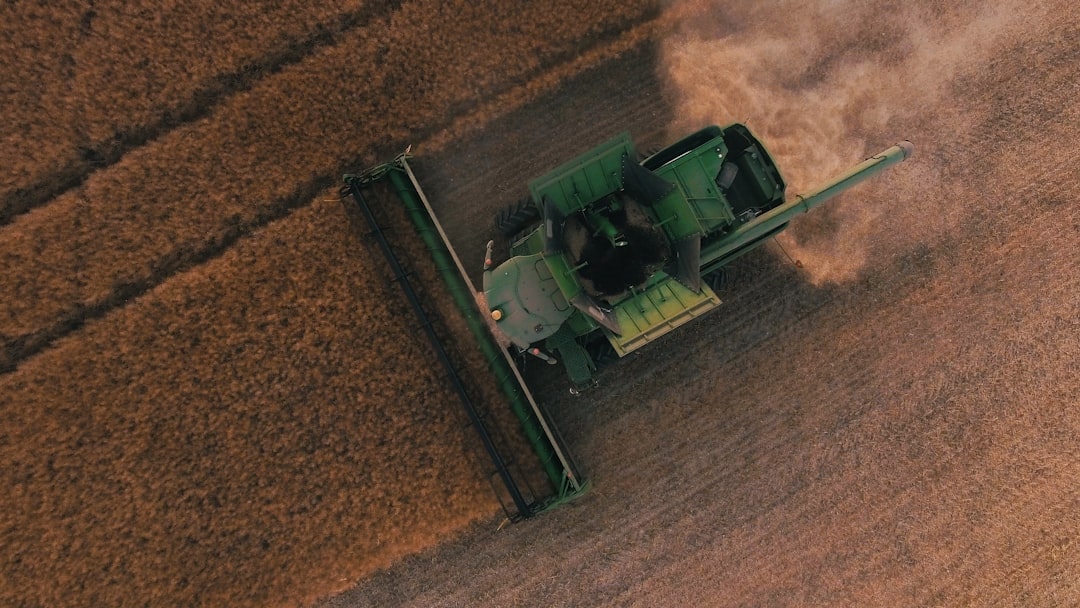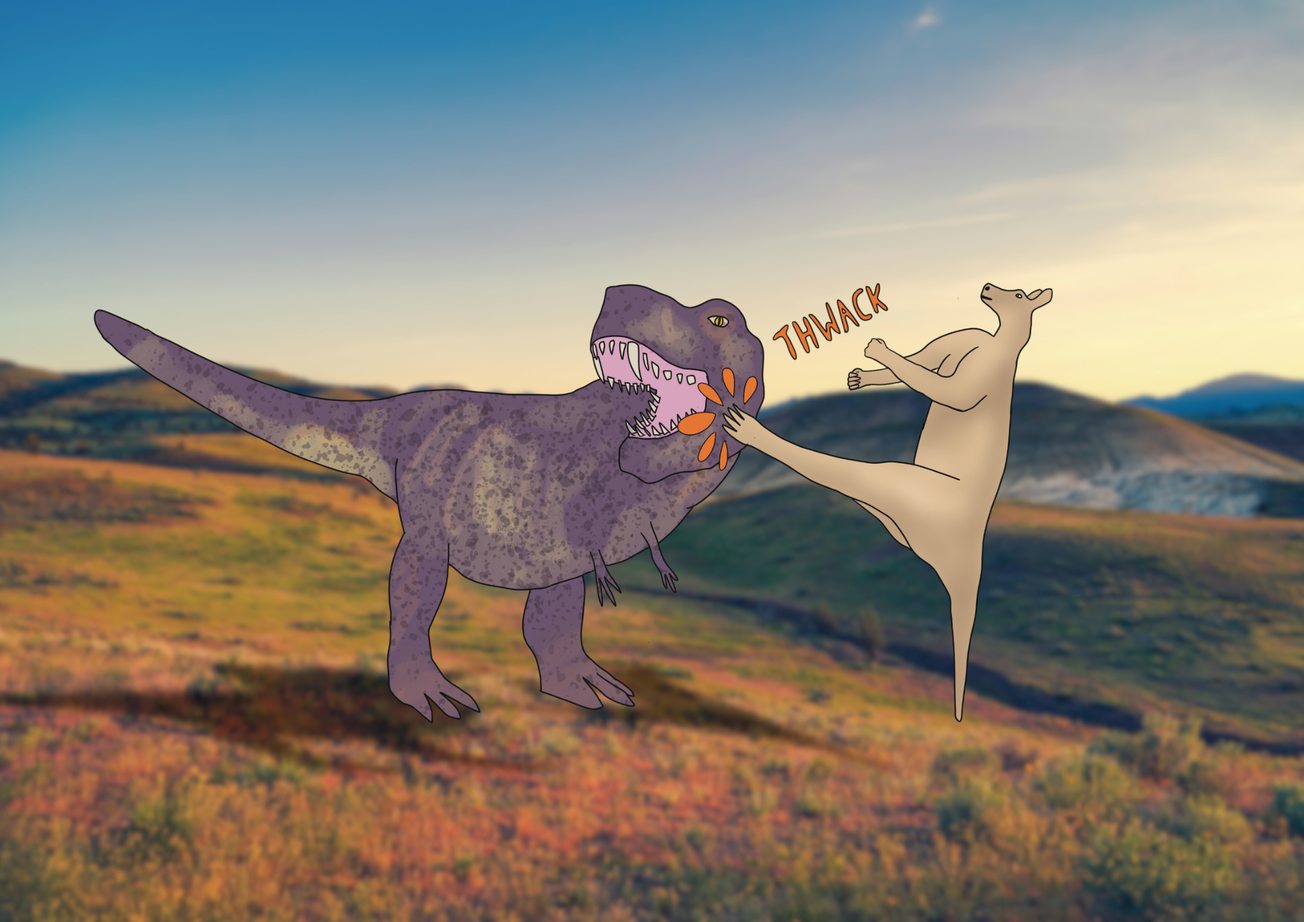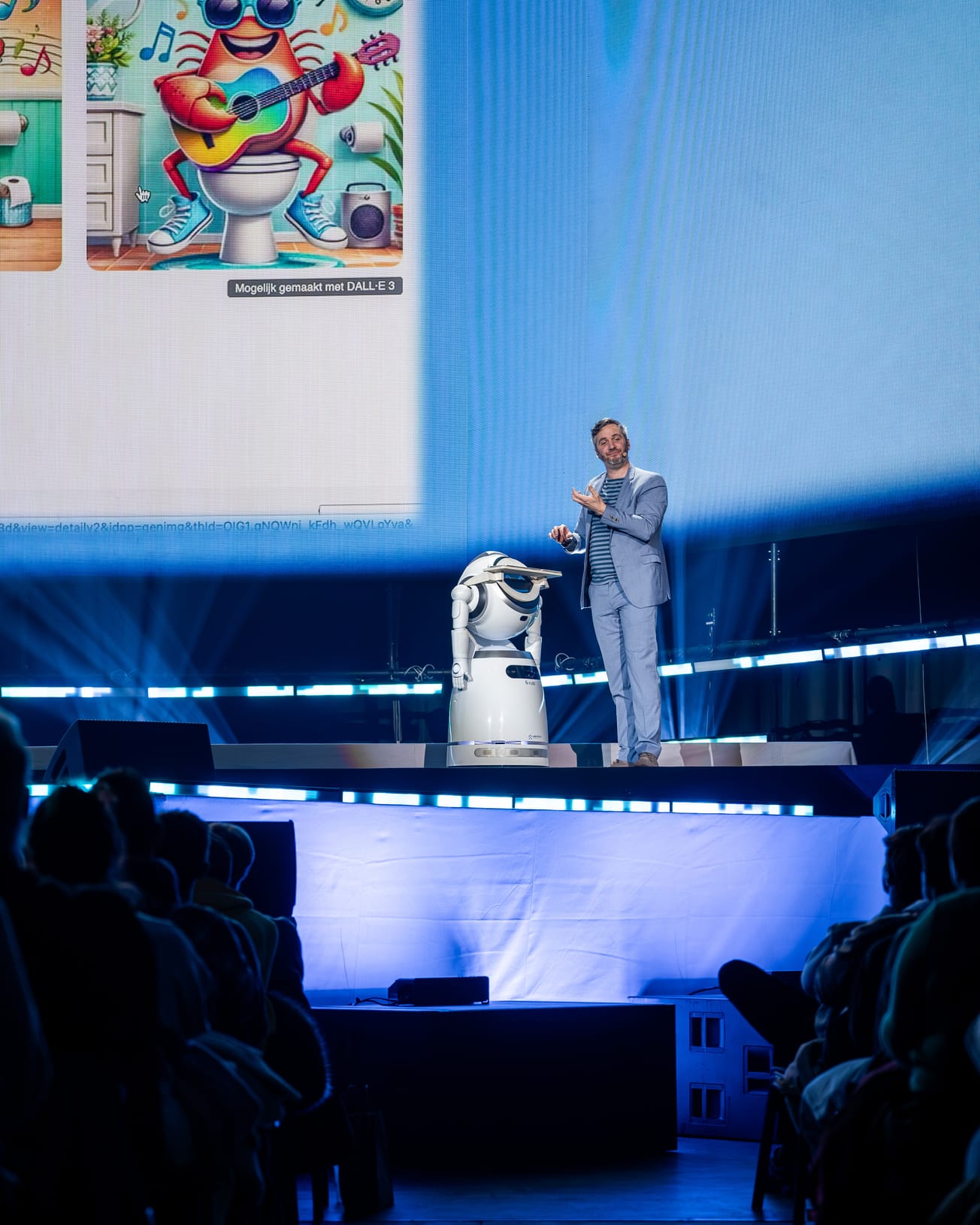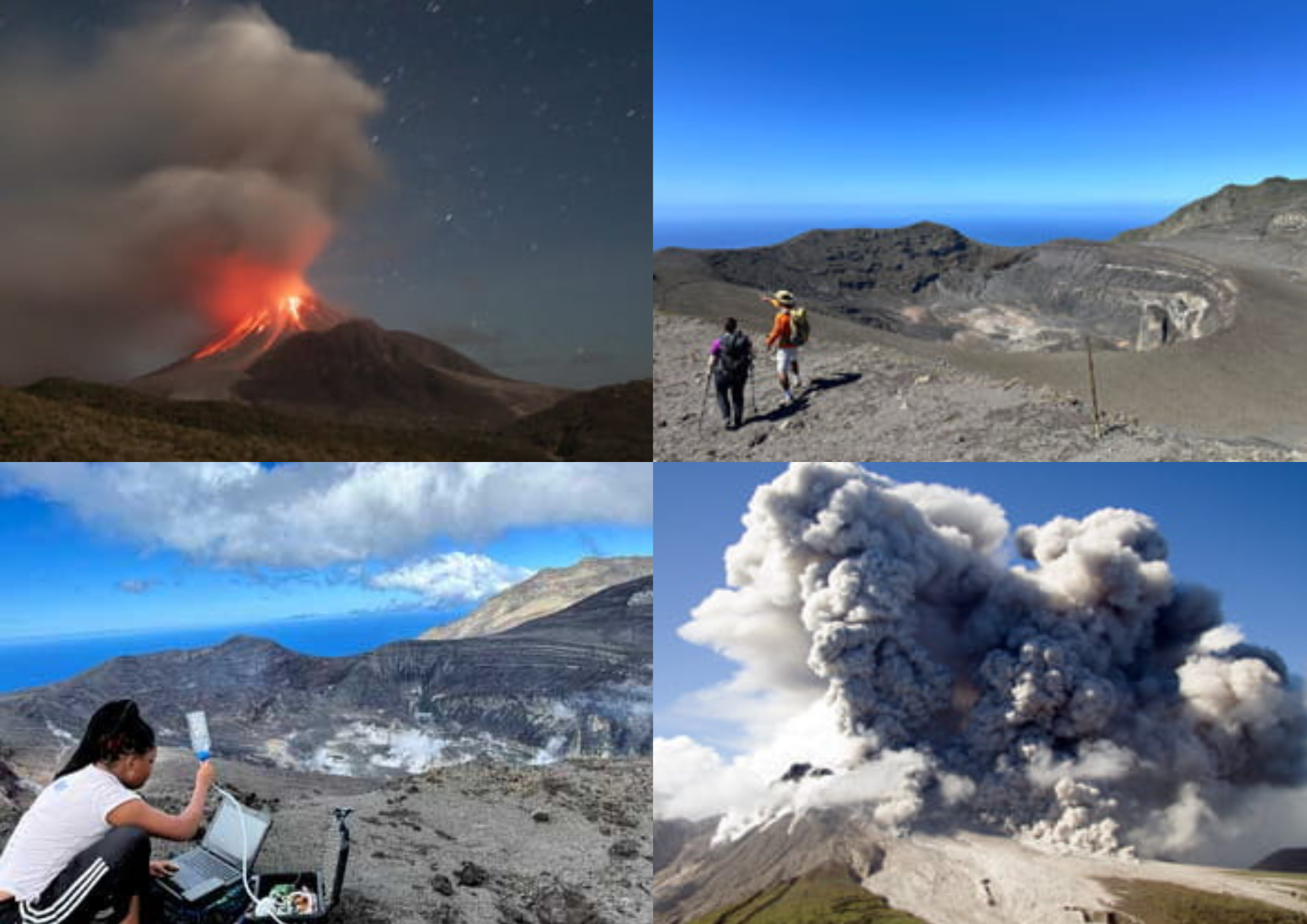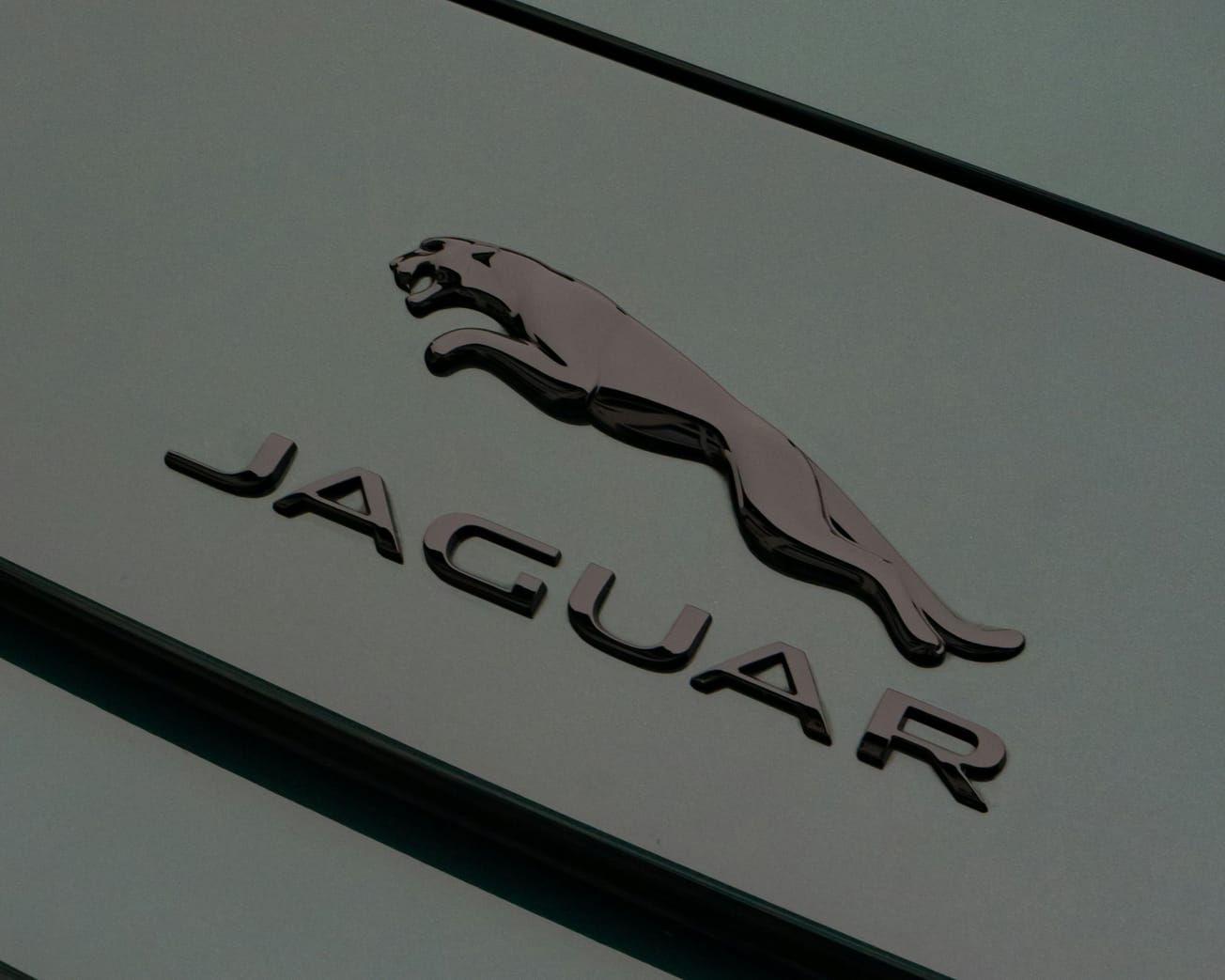Need some inspiration for the new year? Emma Isle shares some of the latest innovations in engineering that'll leave even the strongest of techno-phobes longing to find out more...
2018 is the year of Engineering – the start of a national campaign to inspire the next generation of engineers, aiming to widen the pool of young people that enter the profession. Bristol has been a great home of engineering, from Brunel’s suspension bridge, to the mobile phone technology during the 70s, and the university is continuing the tradition this year with some ground-breaking new advances from neonatal care to farming advances, which we will introduce to you below.
Able to levitate objects up to 2cm, using vortexes of sound waves that act like a tornado.
A new company set up by academics at the University of Bristol in collaboration with the University of Sussex has been developing technology that manipulates sound waves in real time, allowing them to be directed, shaped and focused. This could have far reaching impacts in daily life, as it would allow advertisers to target specific individuals in a crowd, loud neighbours to mute themselves from the surroundings, and people to monitor their health via ultrasound. They recently took their advances on the road to a global show in Las Vegas, where they were showcasing some of their developments such as a window that allows air to enter but not sounds.
The most powerful tractor beam yet has been developed here in Bristol. Two years ago the engineers invented tractor beams that were able to levitate tiny objects using sound waves. They have recently developed a more advanced version of the tech, which is able to levitate objects up to 2cm, using vortexes of sound waves that act like a tornado. This technology hopes to be applied to contactless production lines, and in medicine to allow doctors to move objects around within the body.
Civil engineers from the university are working with local teams of engineers in Nepal to design earthquake-proof schools, made from local affordable materials. This could be hugely valuable for the region, as in 2015 an earthquake killed 9000 people and injured 22,000 more, which could be avoided by providing a safe place to shelter. If successful this could be extended to other regions where earthquakes are common.
The SPHERE project, being developed by a team of researchers in Bristol, is a home health sensor system aimed at diagnosing and helping to manage a range of health problems such as stroke, heart disease and depression. The system uses a combination of wireless networks, wearables, video analytics and machine learning to quantify health related behaviours over long periods, and hopes to aid early diagnosis, lifestyle change, and extending the ability of patients to manage their condition while living at home and maintaining their privacy and independence.
Photo by Scott Goodwill / Unsplash
Bristol graduates Ben Crowther and Charlie Guy have developed a new farming technique that reduces the space and water required to grow food. The technique, known as aeroponics, uses a vertical growing formation and mist to achieve its results, and is consequently more environmentally friendly than other farming techniques. It is being used at Grow Bristol to grow strawberries, pea shoots and leafy greens.
Engineers from the University of Bristol have teamed up with engineers from Cambridge and Birmingham, as well as local agencies in Guatemala to monitor the highly eruptive volcano, Volcan de Fuego, using drones. They are going to use multi-copters and fixed wing aircraft to collect data and ash from inside the volcanic plumes, as well as taking photos of the summit in the hopes of providing a 3D reconstruction.
Both researchers and students will be able to talk directly to astronauts on the international space station.
A new metamaterial has been created in Bristol and is being adapted in order to protect premature babies that are being transferred between medical facilities. The material will make a new type of incubator that absorbs vibrations, therefore protecting the 16000 babies that are transferred in the UK every year, from the high levels of noise and vibrations that cause damaging stress that they are exposed to in vehicles.
Excitingly, a new satellite lab in the faculty of engineering means that this year both researchers and students will be able to talk directly to astronauts on the international space station.
Featured image: Unsplash / NASA


